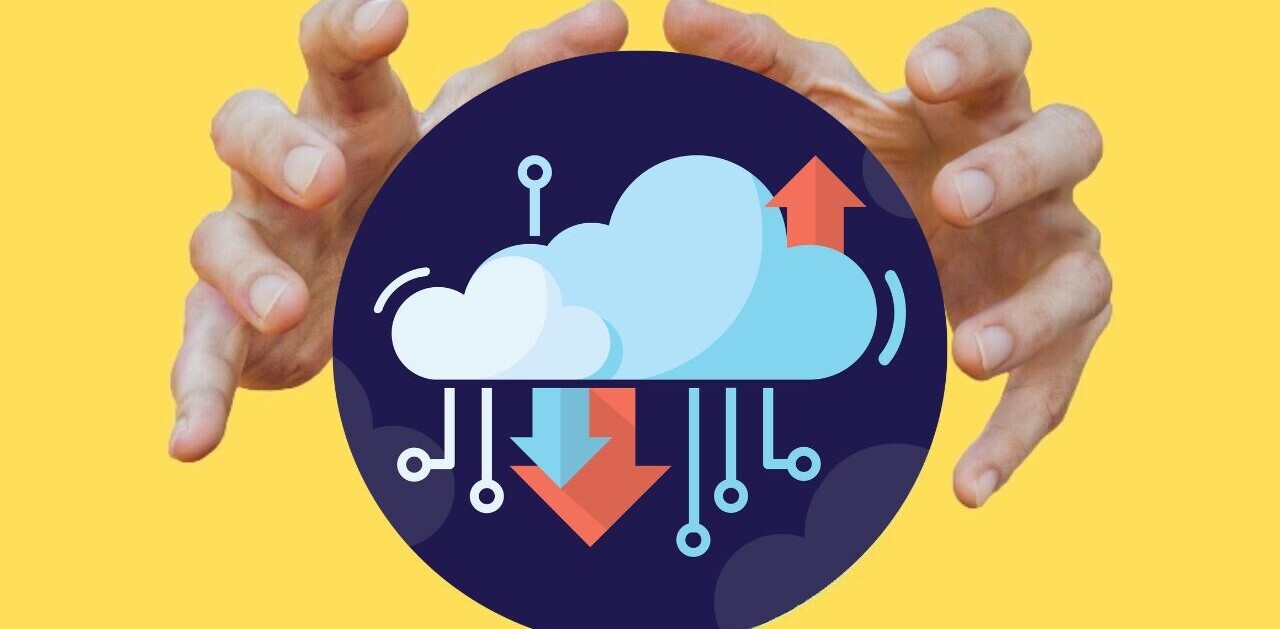
As we announced yesterday, Google has released Latitude, its extension to Google Maps which allows you to share your location with your friends.
Here are ten reasons why I think it will succeed…
1. It’s Google.
They are big, they are a verb, they are well known and well trusted. Although the mobile apps space seems crowded, the fact that an 800lb Gorilla just entered the room will make it change – and it’ll probably squash a few people, push a few out, sit on a few, and maybe eat some.
It has already ‘scaled’. And ladies and gentlemen, it has just entered your building…
2. It’s Viral.
As I walked to where a local fishmonger parks his van each week, yesterday morning, I was able to invite several friends to join my network just using one hand on my phone. Some had responded by the time I was walking back home with my fish. By the time it was being cooked, I’d invited over 50 people to share – and some messaged me to say thanks.
By the evening, several friends had done the same, and invited me to connect with them on Latitude.
3. Everything is local.
Yesterday, I could see where Boris was in Amsterdam, Sheryl in Washington, Anton near Galway, Bryan in New York, Will 2 miles across town in Edinburgh. But what is important to me is always local – wherever I am – and especially if I am in a new place. I want to know how to reach that meeting, where to get wifi or coffee, what’s a nice spot for a 2-hour lunch meeting, and when I’m on the road, the mobile phone is my lifeline.
Over 90% of people keep their mobile phone within a few metres of them 24 hours a day.
4. It’s Desktop and Mobile.
In my browser’s iGoogle page, Latitude automatically appeared top left yesterday after I’d downloaded latitude to my phone. Nice touch. And so I can respond to friends wanting to share their location with me, see their status, and update my status (which updates in Gtalk, and also, optionally, Twitter and Friendfeed). The desktop is where I can comfortably access information that is more verbose, more structured.
The mobile is where my search needs and attention span are different – Latitude serves both, and as a user, I can get valuable input from sharing both types of data.
5: I am the most important person in the world. You come second.
Everyone has an ego. We like to have attention from others. So it’s natural to want to say “here I am”. Latitude panders to that simple human need perfectly. When there’s a big conference like The Next Web, it’d be great for finding new friends and pinpointing old ones. And for switching it off sometimes, too, or appearing to be at a meeting when I’m actually playing in the park with my child. When I am thinking about sharing ‘locations’, I feel it’s nice to add things to maps like a good restaurant I know in Barcelona, or the cheapest place to park near our office in Edinburgh.
This is information I already share with friends, but now, I can put that information into play once, and leave it there for my friends – and they might update me if that restaurant closes, or they find a great bookshop – and share that with their friends.
6. Everyone understands Maps.
And if not, everyone understands satellite images. And so everyone can relate to the information on a map. Columbus went on instinct, but he started with maps. I love to be able to see other cities and countries, whether I have been there, am going there, happen to meet someone from there, or if it’s just in the news or comes up in conversation. Maps satisfy my curiosity easily, and they are a starting point for asking for other types of information. Who what when where why how how much? Wow, if live updates and location status was around when I was 19, I’d probably still be recovering from all the great parties and great stories I covered for the student newspaper, and still be amazed at how small the world was, because I had discovered so many mutual friends.
I can now see how Jim Haynes‘ legendary Paris Sunday Night Dinners can scale. Jim, we’ll see you soon – really, or virtually!
7. Uncomplicated sharing.
Hre’s the message you get when someone wants to share Latitude with you.
Subject: John Brown wants to share their location with you on Google Latitude
Message: John Brown (mail@gmail.com) wants to share their location with you on Google Latitude. You can use Latitude on your mobile phone, PC, or both. To accept or reject the request, or to learn more about Latitude, click the link below.(And a map showing where John is)
Simple, brief, to the point. No hype, no lengthy explanation, no hard sell about how useful this is. Brevity and clarity. I don’t mind sending or receiving that sort of message.
8. That’s not Latitude. That’s just an upgrade…
I used my non-GPS enabled phone (better for texting), and then a GPS enabled one (nice camera and great for doing interviews) – both simply upgraded existing software. It’s not Google Latitude I installed, it’s just the latest version of Google Maps. 3.0.0. I remember when Windows reached version 3.0 was when that product really started to get useful. And part of the reason it will succeed is that Google doesn’t complicate or burden this by calling it mobile social networking, or ‘location-aware interactive group software’.
Nah. It calls it “Latitude”. Like Docs, Maps, Earth, Mail, Images, News, Shopping, Checkout, Friend Connect, Maps. Simple. Functional. Google.
9. They still don’t get it. But they will.
In the Financial Times this morning (and you may have to register to read that ;-), the focus in their story about Latitude is privacy. The headline? ‘Google to track mobile users‘. Big brother anxiety is what has stopped ‘mobile social networking’ success. Well sorry, privacy is dead, in the same way that newspapers are dying – and for similar reasons. For those who fail to understand why Stephen Fry should have gained a following of over 100,000 on Twitter, here is the news. Personal publicity and personal engagement lets you talk, lets you share ideas, makes you friends, and lets you influence people. Always been that way, just now the tools are different – radically so – it’s people power – always scary for the status quo.
And when things that one, younger generation ‘gets‘ and embraces readily as a vehicle for change and liberation, but another can’t understand, resist, and insist is dangerous, there’s only ever one endgame – because the old folks die, and the cycle is endless.
So Latitude is part of an Attitude. Dude.
10. And What’s next?
It’s a stable release, and it works. iPhone application is yet to come, but it works in any web browser. But what might be next is obviously including messaging. And I can imagine the APIs might allow dating applications, being alerted to free wifi as you pass a cafe or pub, checking what films are on nearby – all of which the advertisers might be persuaded to pay for – Mobile AdSense, in effect. Overlaying your own data onto maps, sharing that with others, and being able to choose what to filter in or out, or subscribe to a network’s data or recommendations or reviews all have revenue possibilities. Not to mention that the data carriers will love this extra data traffic as their revenue from call charges declines. Android-based phones like the T-Mobile G1 may become suddenly much more desirable.
It’s a building block in a semantic web – it’s part of The Next Web.
Google, you did it again. What would we do without you?
Get the TNW newsletter
Get the most important tech news in your inbox each week.





